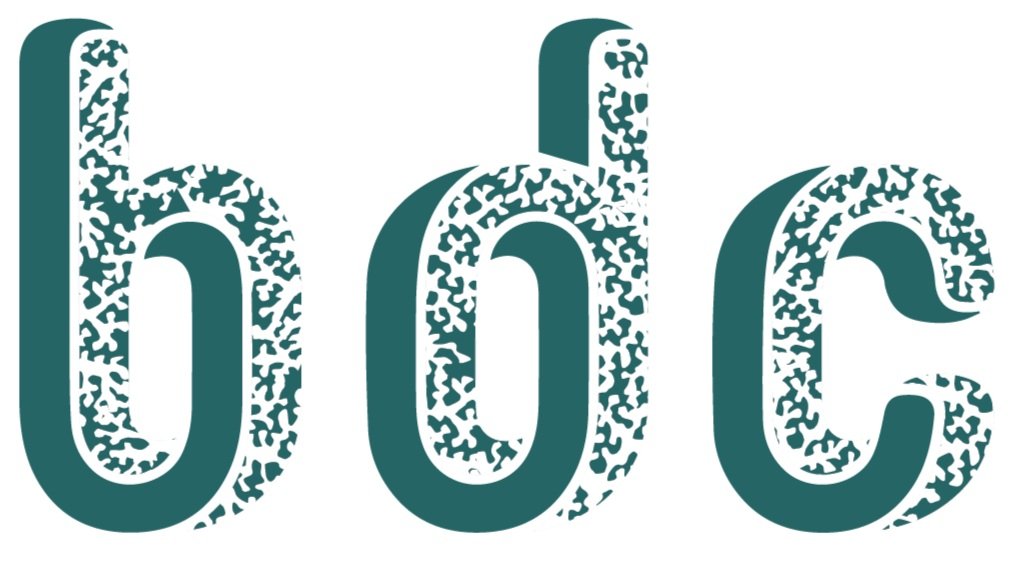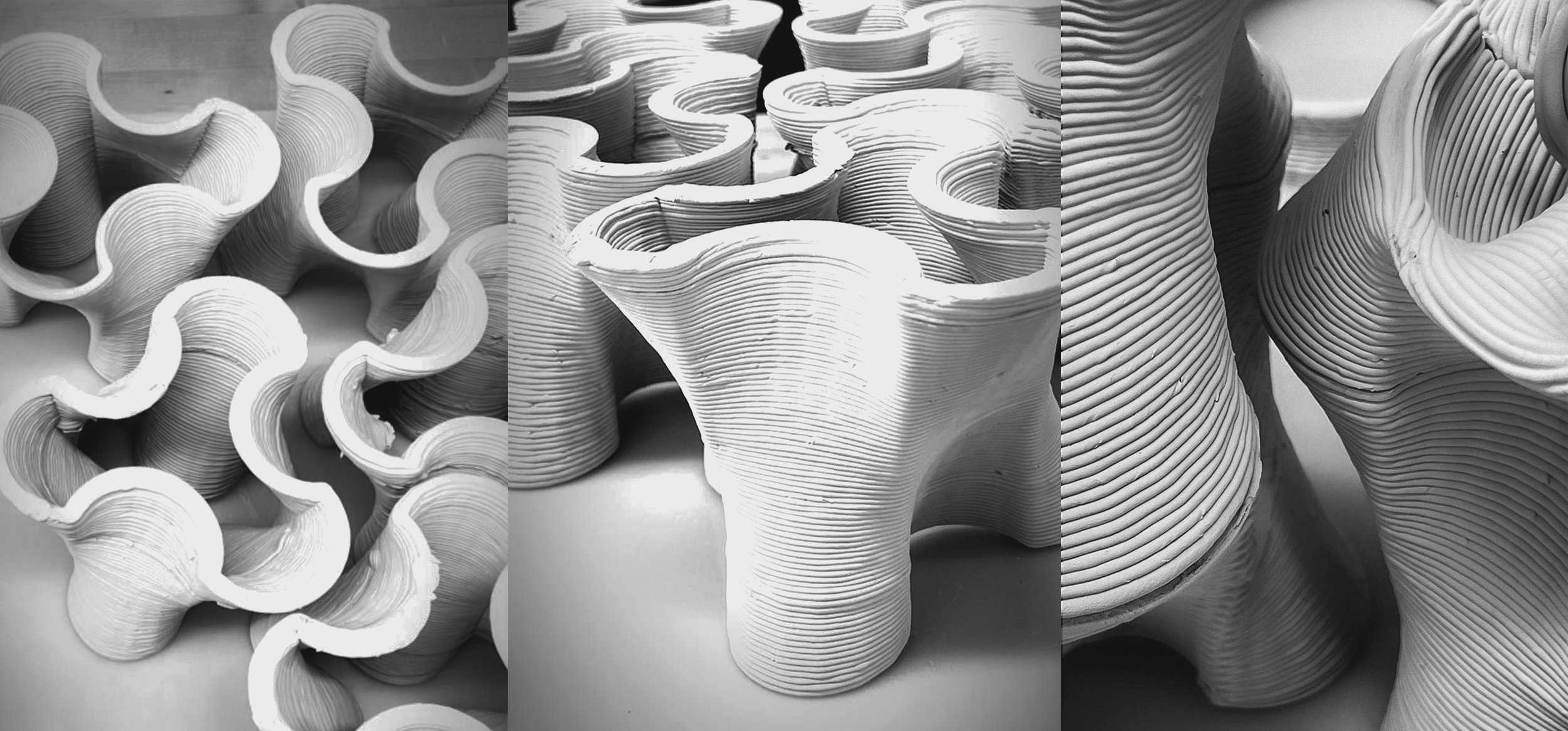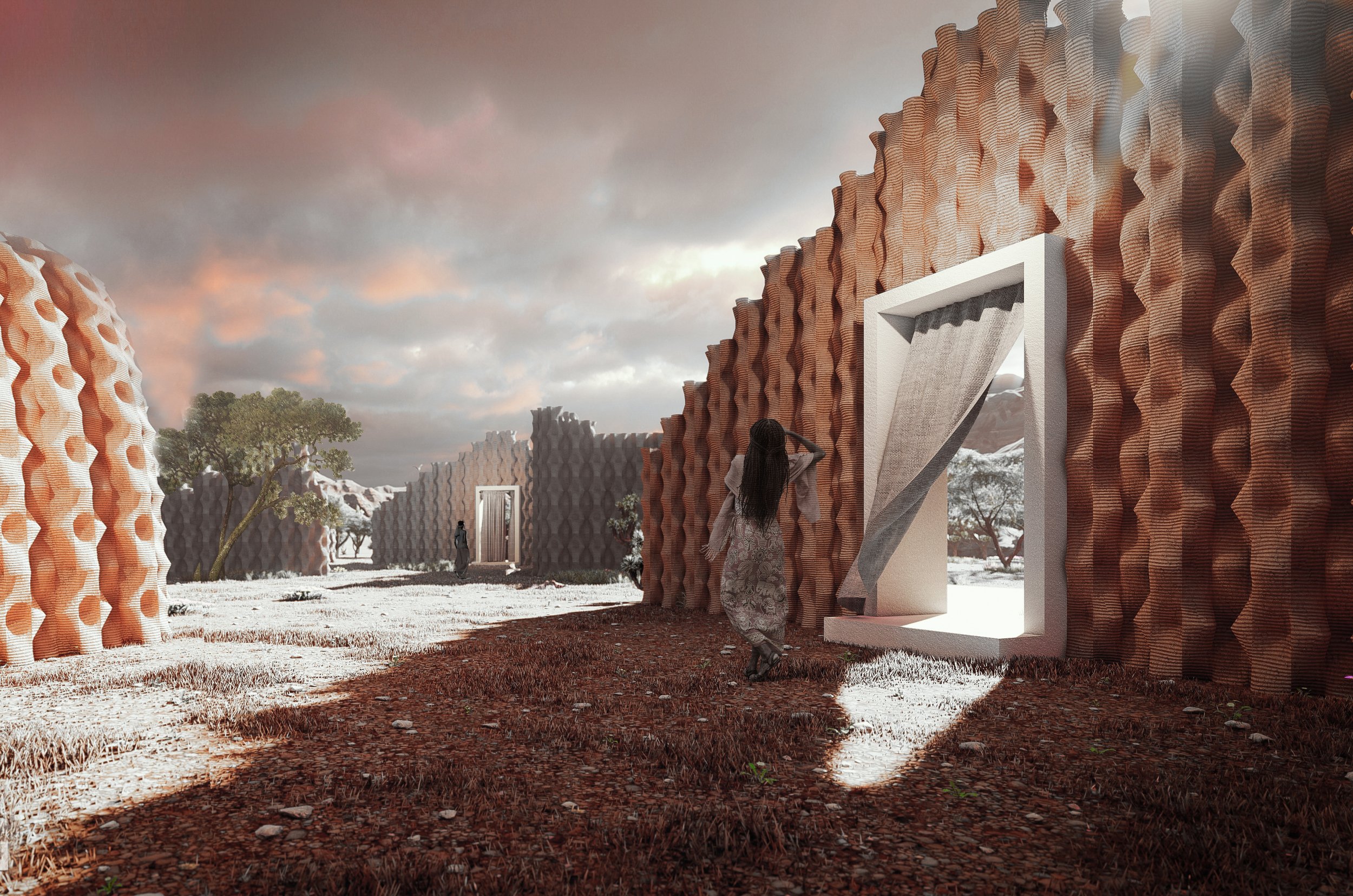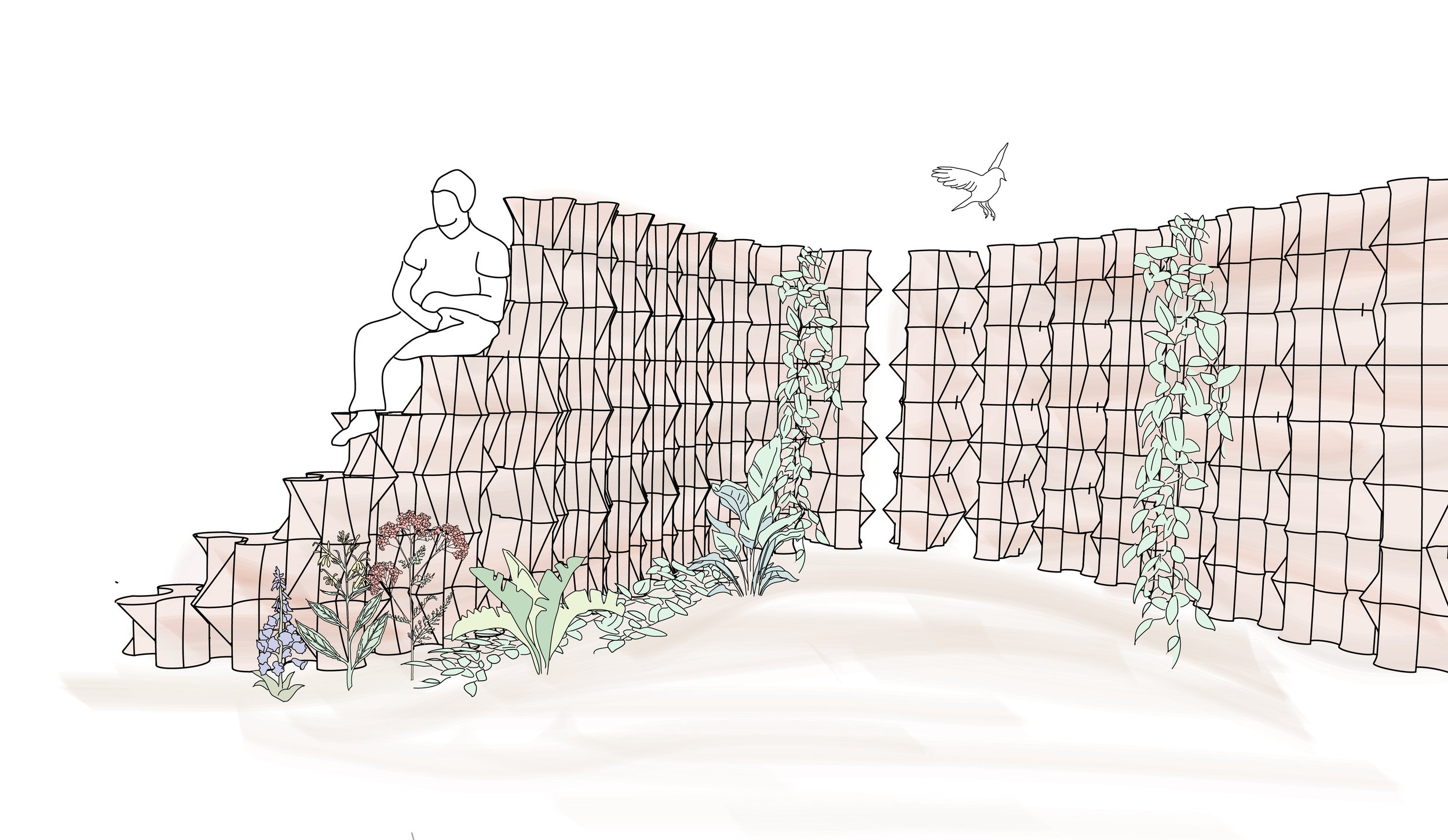California College of the Arts Architecture
Projects 2023
BacTerra: Designing Across Scales
OUTSTANDING SCIENCE WINNER
Conrad Scheepers, Claire Leffler, Kimia Farahnak, Elizabeth Bond, Fredrick Leon
BacTerra is a research project investigating the potential for biomaterials to reduce carbon emissions from the building industry. Drawing inspiration from plankton, mollusks, and birds that fabricate shells through the precipitation of calcium carbonate, the team combined clay, B. subtilis bacteria, and sea urchin shells to produce a biomineralization process.
Instructors 2023
Margaret Ikeda is an associate professor of Architecture at California College of the Arts (CCA) in San Francisco, California. She is the Integrated Studio Coordinator and has developed the Buoyant Ecologies Studio curriculum which, since 2015, has received five national AIA COTE Top Ten Student Awards for sustainability. Margaret is also a co-founder and co-director of the CCA Architectural Ecologies Lab that serves as a platform for collaborative research between designers, scientists, and manufacturers. The lab merges spatial practice with innovative techniques of material production and ecological research.The most recent project called the Float Lab, is currently moored in the Port of Oakland and designed to test a new type of resilient floating breakwater. In conjunction with the launch of the Float Lab, the Port awarded her with a Community Investment Grant to create an educational book called A Guide to Field Identification, Marine Animals Coloring Book of the San Francisco Bay.
Evan Jones is an Adjunct Professor of Architecture at California College of Arts (CCA) and practicing architect. As co-founder and principal of Assembly, an architecture firm located in Berkeley California, Evan has worked on many scales of projects from furniture and museum installations to landscape planning and multi-story housing projects. Within CCA, he has specialized in integrated design studios focusing on novel design strategies for coastal resilience under the Buoyant Ecologies studio curriculum. This speculative design work has led to the formation of the Architectural Ecologies Lab at CCA (along with fellow professors Margaret Ikeda and Adam Marcus) and the fabrication and deployment of the Float lab in 2019. The Float Lab works with biological fouling to attenuate waves and create ecological habitats. The project received a 2018 Architect Magazine R+D award, a national 2019 AIA Innovation Award, and recently awarded a 2020 ASCA Faculty Design Award.
Dyche Mullins studied electrical engineering and mathematics before becoming fascinated with cell biology during his doctoral work at the University of Kentucky. After postdoctoral work at Johns Hopkins University and The Salk Institute for Biological studies, Mullins joined the faculty at UCSF. Since 2011, Mullins has also been an Investigator of the Howard Hughes Medical Institute. Work in the Mullins Lab focuses on the assembly and regulation of cytoskeletal networks - collections of molecules that self-assemble into complex structures that enable cells to transport molecular cargoes, change their shape, and propel themselves from place to place. Understanding how cells construct these internal molecular 'skeletons' is key to understanding a wide variety of biological processes and human diseases.
Dr. Negar Kalantar is an associate professor of Architecture and a Co-Director of Digital Craft Lab at California College of the Arts (CCA) in San Francisco and co-founder of the transLAB. Her cross-disciplinary research focuses on materials exploration, robotic and additive manufacturing technologies and engaging architecture, science, and engineering as platforms for examining the critical role of design in global issues and built environments. Kalantar is the recipient of several awards and grants, including the Dornfeld Manufacturing Vision Award 2018, the National Science Foundation, Autodesk Technology Center Grant, and X-Grant from the Texas A&M President’s Excellence Fund on developing sustainable material for 3-D printed buildings.
Advisors 2023
Varenyam Achal is a professor in environmental engineering and Deputy Dean of Undergraduate Studies at Guangdong Technion – Israel Institute of Technology, Shantou, China. Varenyam was awarded a Ph.D. from Thapar University, India. He has a very broad interest in environmental biotechnology and biological-based building materials. He led several projects utilizing microbes in heavy metals immobilization and on the development of innovative bio-based construction materials such as self-healing concrete and bio-cement. By now, Varenyam has published more than 100 journal research articles and review papers, along with two books titled Ecological Wisdom Inspired Restoration Engineering and Building Materials for Sustainable and Ecological Environment.









